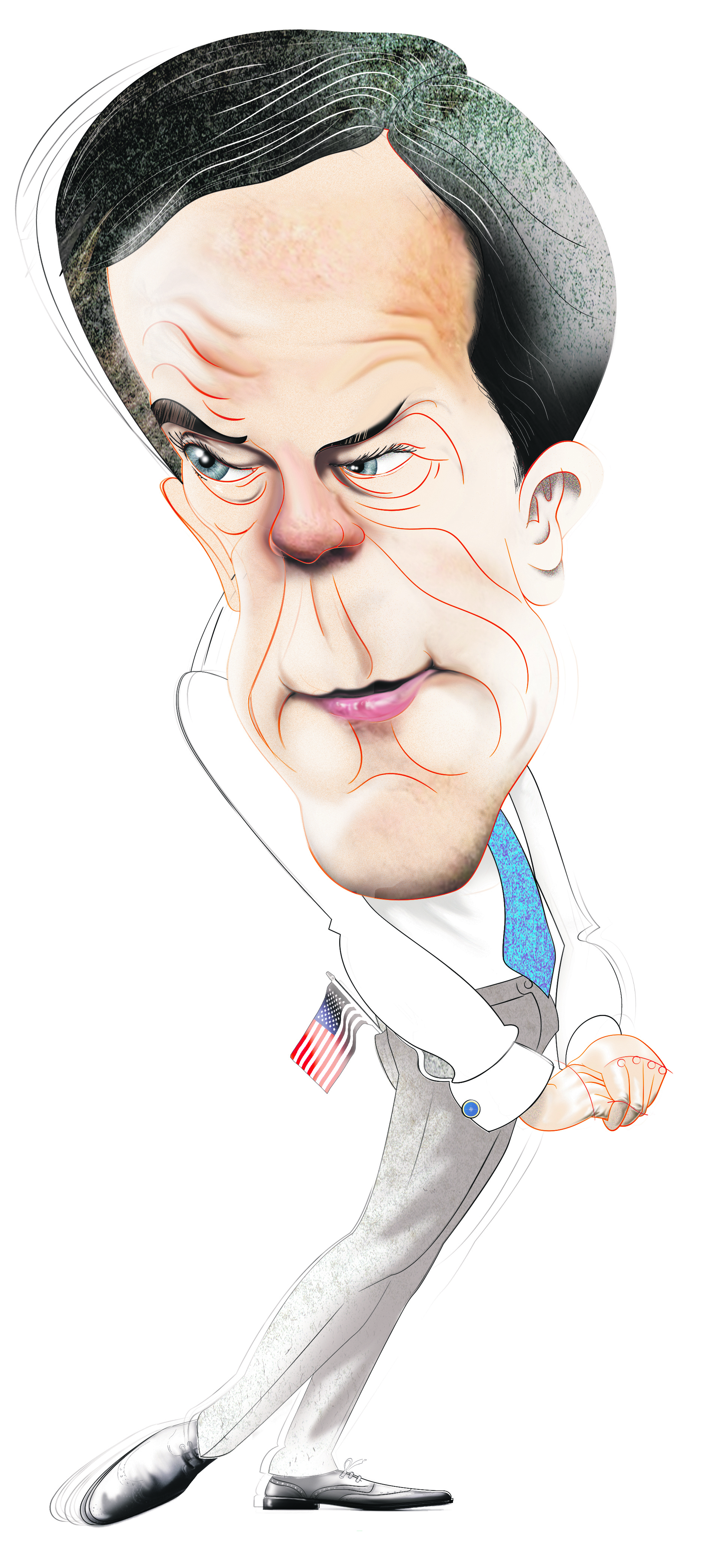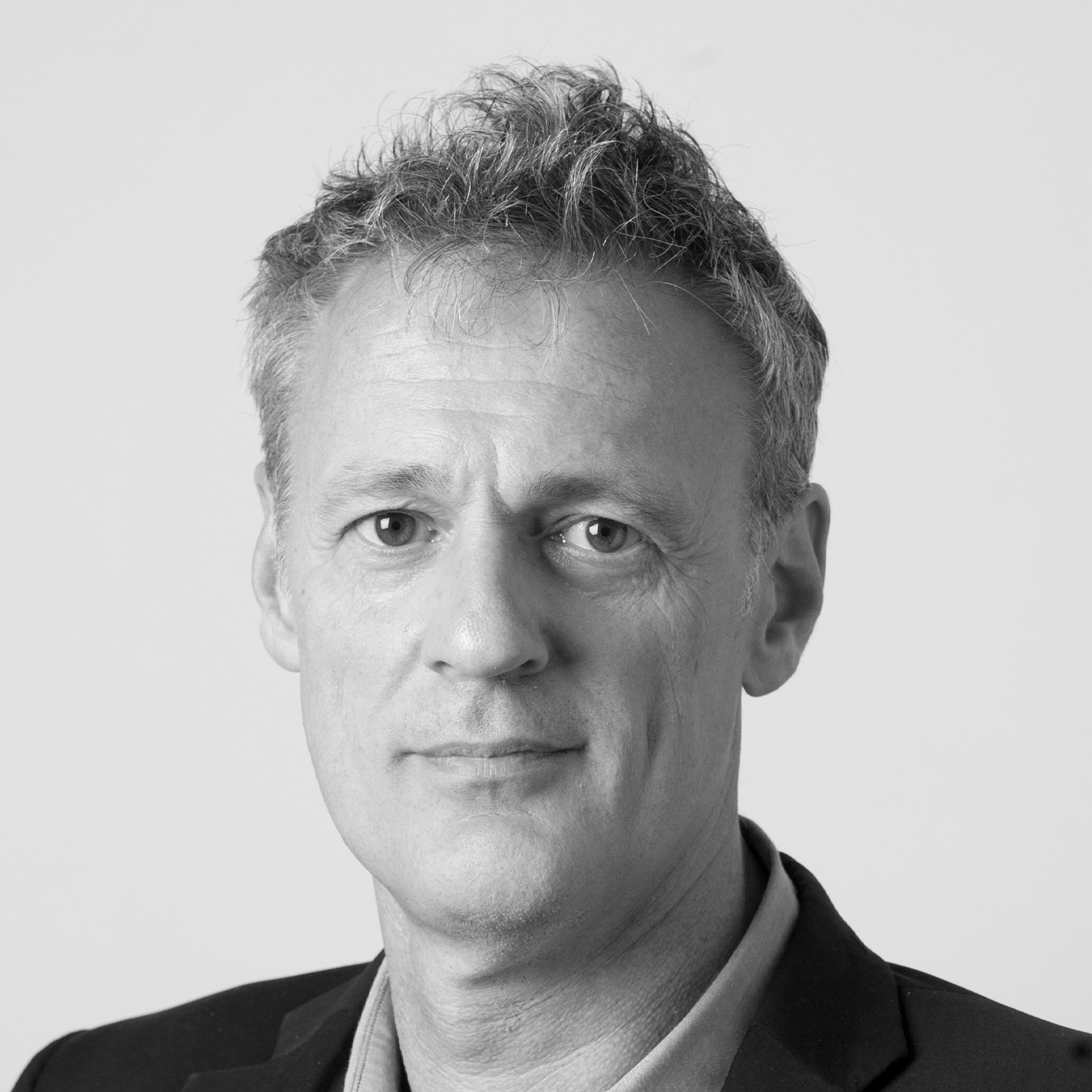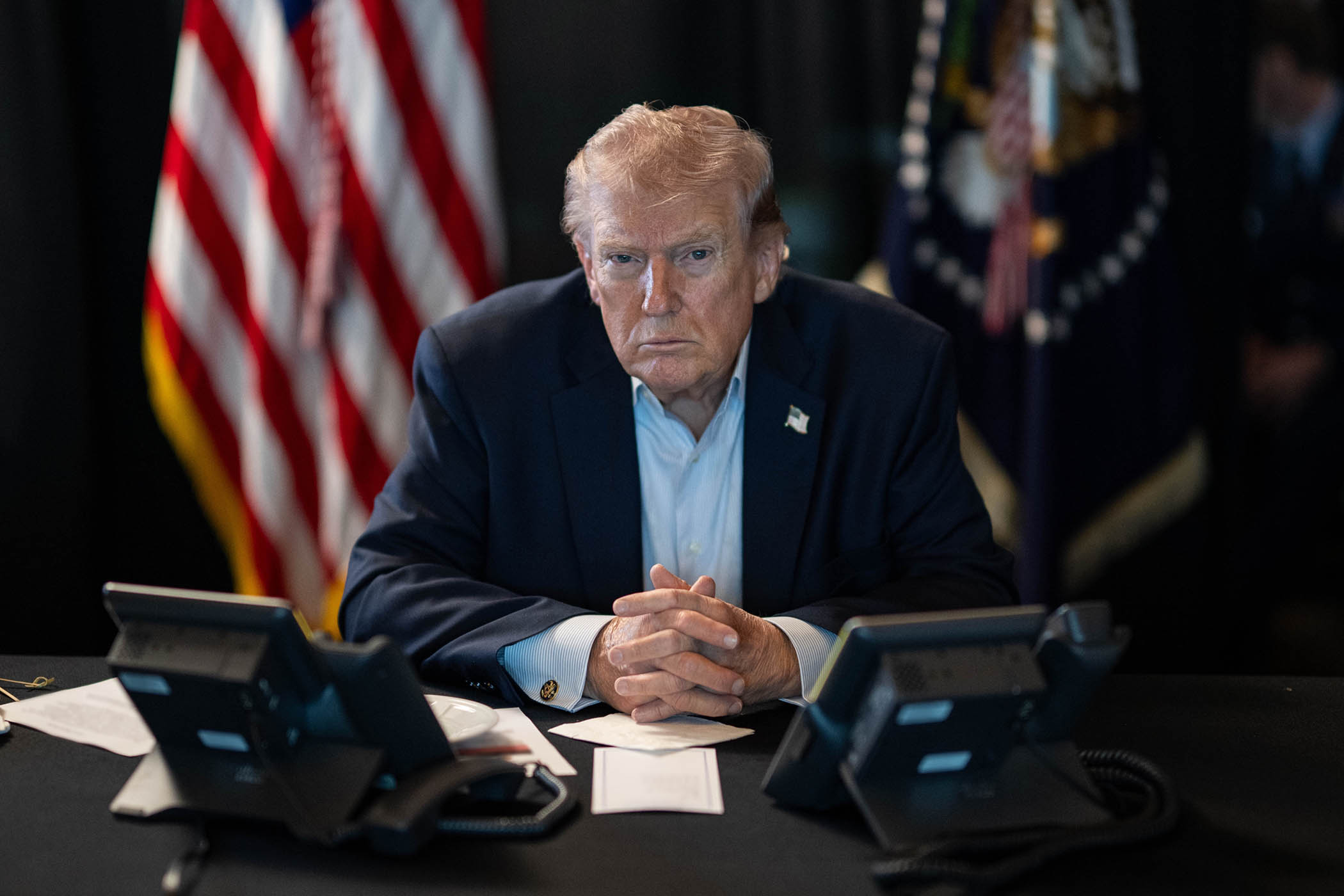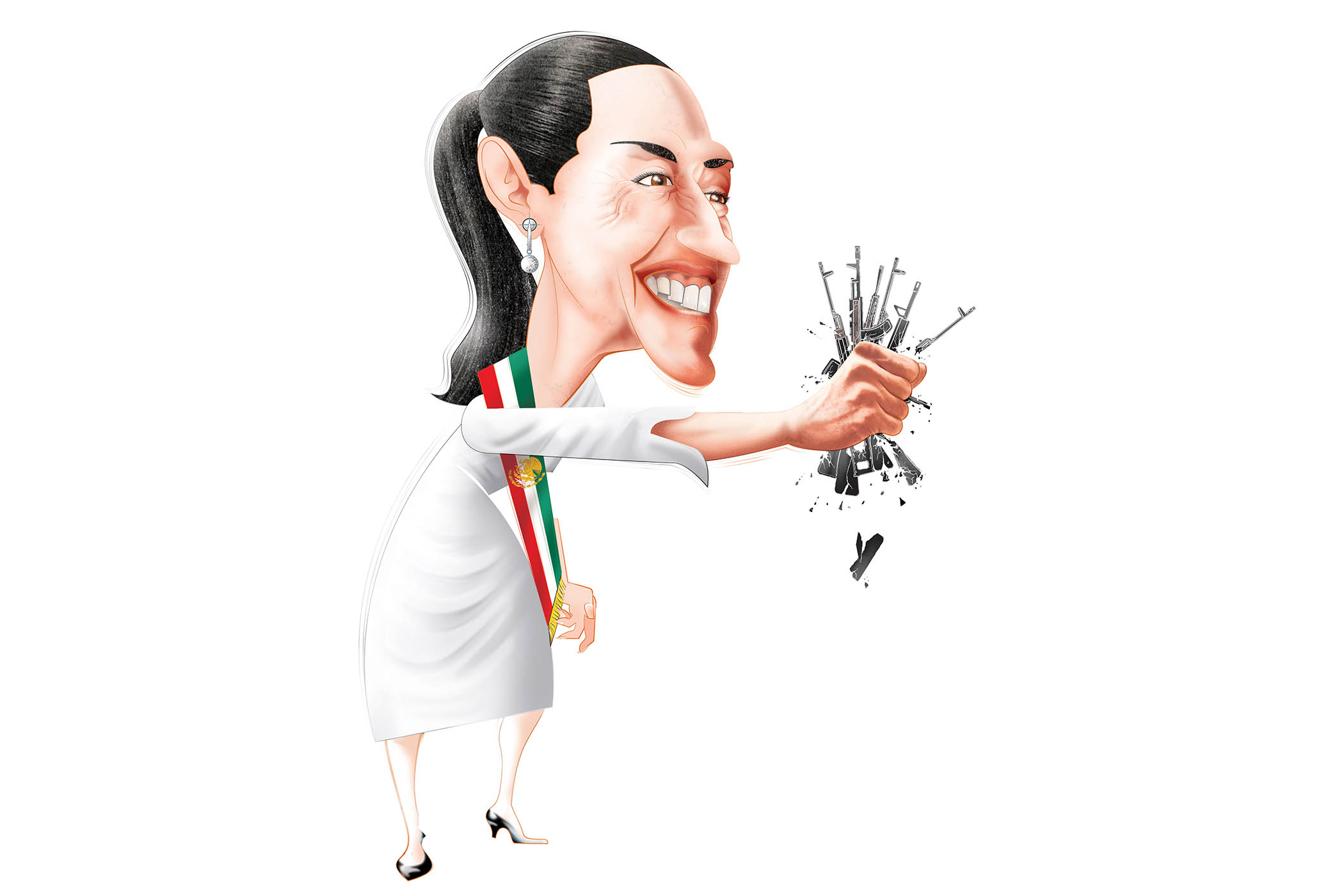In the Netherlands, where he remains the country’s longest ever serving prime minister, Mark Rutte earned the nickname during his almost 14 years in office of Mr Teflon. It was a testament to his gift for emerging unscathed, and still in power, from the wreckage of several collapsed coalitions.
As secretary general of Nato, which is a coalition of 32 nations, it’s a talent that may well come in handy. With both Vladimir Putin and Xi Jinping intent on further militarisation, and Donald Trump sending out mixed messages regarding America’s willingness to support Nato, Rutte’s appointment last October coincided with one of the most uncertain and challenging periods in the organisation’s history.
“There was war in Europe,” says Camille Grand, a former assistant secretary general of Nato who now works for the European Council on Foreign Relations, “which was not the case for any of his predecessors.”
Of course there was also then the prospect of Trump’s election, and with it the potential for an existential crisis within Nato. There have subsequently been several times, not least in relation to the US president’s willingness to give Putin the benefit of other Nato members’ doubt, when that crisis has threatened to materialise.
But last week the commitments Trump made to supporting Ukraine in a White House meeting with Rutte were seen as a major step forward. Having been criticised for a fawning approach to the president, after he’d jokingly referred to him as “Daddy” at a Nato summit last month, Rutte now seems to have secured his reputation as a “Trump whisperer”, someone who can read the mercurial president’s mood and gently direct him towards more conventional policy positions.
In the Oval Office meeting last Monday Trump referred to Rutte as “a friend of mine” who has “done a fantastic job”. The president seemed a different man to the one that had upbraided Ukraine’s Volodymyr Zelensky in the same room back in February, now indulging in a stream of consciousness on his favourite preoccupations – Joe Biden’s responsibility for all the world’s ills and the real estate potential of “the Strip” – AKA Gaza.
Rutte’s neck muscles got a thorough workout as he was called upon to nod a lot in agreement, but his own comments were largely restricted to emphasising that Europe was going to “step up”.
The son of a car dealer who survived a Japanese internment camp in Indonesia, Rutte has long been known in the Netherlands for his own deal-making abilities, and for placing consensus before ideology. As leader of the People’s Party for Freedom and Democracy (VVD), his first coalition in 2010 relied upon the support of the far-right Muslim-baiter Geert Wilders. When Wilders withdrew, he tried to nullify the effect by urging migrants to adopt Dutch values with the slogan: “Act normally or go away.”
These moves brought criticism but they were effective. Yet there’s a way of seeing this political flexibility as acquiescence to the agenda of Mr Deal himself, Trump.
After all, the US is not offering aid but armaments for sale to European nations who can then donate them to Ukraine, and Rutte’s earlier success in getting Nato members to agree to spend 5% of national GDP on defence by 2035 was exactly what Trump demanded.
Newsletters
Choose the newsletters you want to receive
View more
For information about how The Observer protects your data, read our Privacy Policy
But Grand believes Rutte deserves credit for his role in aligning Trump “with the mainstream Nato view” and also for manipulating the figures to reach 5%.
“He didn’t challenge Trump by saying 5% is not realistic,” he says, noting that Rutte agreed to 3.5% and then did some smart accounting to include money that was already being spent on things such as cyber security and critical infrastructure to make up the other 1.5%. “So he shaped a conversation that was not confrontational because that’s not how you handle Trump.”
It’s often said that the post of Nato secretary general requires the occupant to be half secretary, half general. Ultimately it’s a job with tremendous responsibility but limited power. Rutte will doubtless be concerned about Turkey and Hungary, nominally democratic members that are increasingly autocratic and allies of Russia. “In reality,” says Grand, “there’s not much a secretary general can do.”
Another nickname awarded to Rutte back home is Mr Normal, because he lived in the same house in the Hague he originally bought with student friends, drove a Saab as prime minister and, more often, cycled to work in a suit. These were all symbols of predictability and unflashy solidity.
In one key respect, however, Rutte, who had youthful ambitions to become a concert pianist, defies social norms. He has never married, doesn’t have kids or any known romantic partner. This has led to speculation in his homeland that he is gay. He says he is not. As he once put it in a Dutch TV interview: “The last taboo in the Netherlands is living alone.”
According to the Dutch political journalist Wilma Borgman, author of a book entitled The Rutte Riddle, he protects his private life even from those he knows. “Of all the people we interviewed, nobody ever went to his home,” she told the New York Times. “By Dutch standards, that’s exceptional.”
‘When he’s around, you feel guilty getting angry. That would disturb the party called life’
‘When he’s around, you feel guilty getting angry. That would disturb the party called life’
Jort Kelder
Nonetheless he has a number of longstanding male friends, among them Jort Kelder, a dandyish figure in Dutch society on whose boat Rutte was once photographed by paparazzi at an angle that made him appear naked – he insists he was wearing shorts.
“When he is around, you feel guilty about getting angry about something,” Kelder said last year. “That would only disturb the party called life.”
Another old friend is Koen Petersen, a Dutch senator, with whom he has visited the celebrated American biographer Robert Caro most summers for the past 10 years. They are both fans of Caro’s 1974 book The Power Broker, which tells the story of Robert Moses, the sometimes ruthless midcentury urban planner who shaped modern New York City. All three men like to journey to one of Moses’s landmarks while reading the appropriate section from Caro’s work.
“These are some of the nicest days of my life, just the three of us,” Caro recently said. “I’m a lot older, but I felt like we were kids exploring New York.”
At the height of his career as a property developer, before debts began to take their toll, Trump was often compared to Moses. It was a comparison that Trump relished, though Caro, pointing out Moses’s unsavoury tendency to evict the poor, black and Puerto Rican, once dryly observed: “To admire him is to say a lot about yourself.”
Perhaps Rutte's decade-long study has paid dividends by helping him understand the motivations and psyche of the New Yorker who wanted to be like Moses but instead ended up the biggest power broker in the world.
Mark Rutte
Born 14 February 1967
Alma mater Leiden University
Work Politician, Nato secretary general
Family Single
Illustration by Andy Bunday



